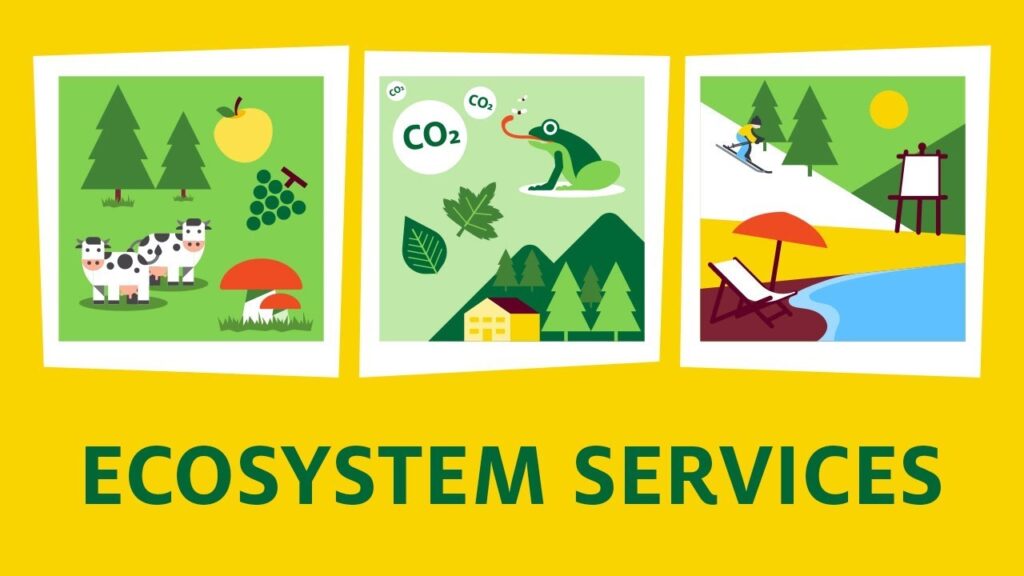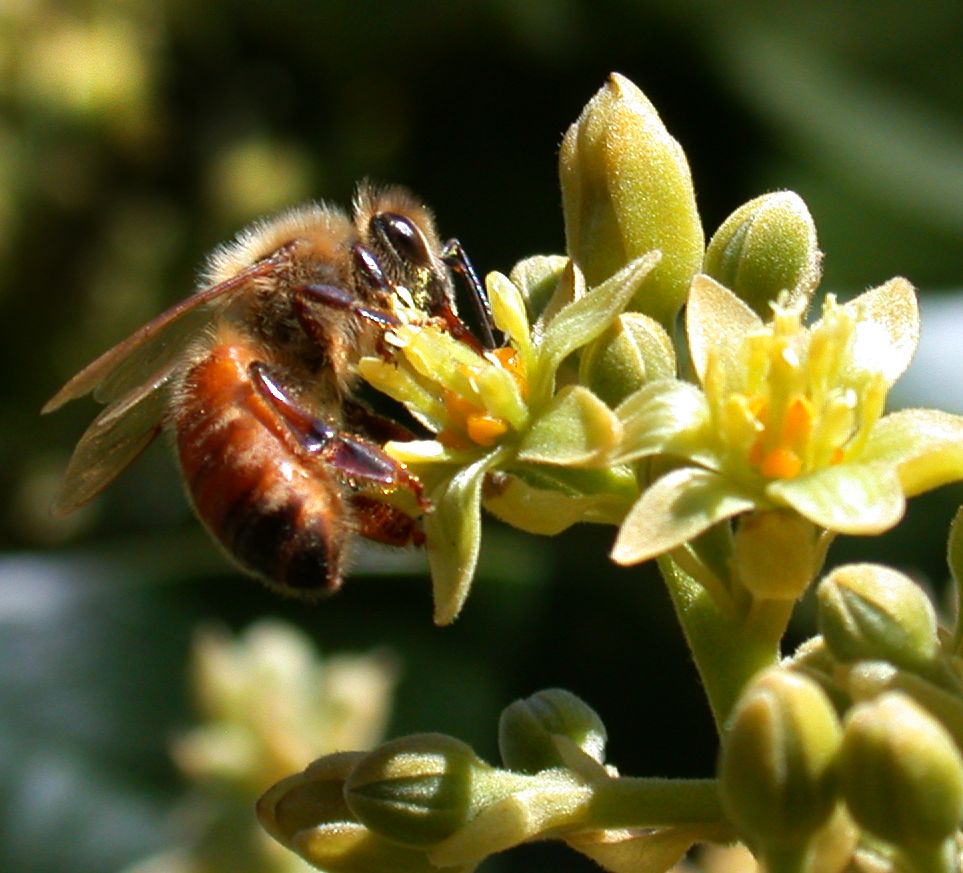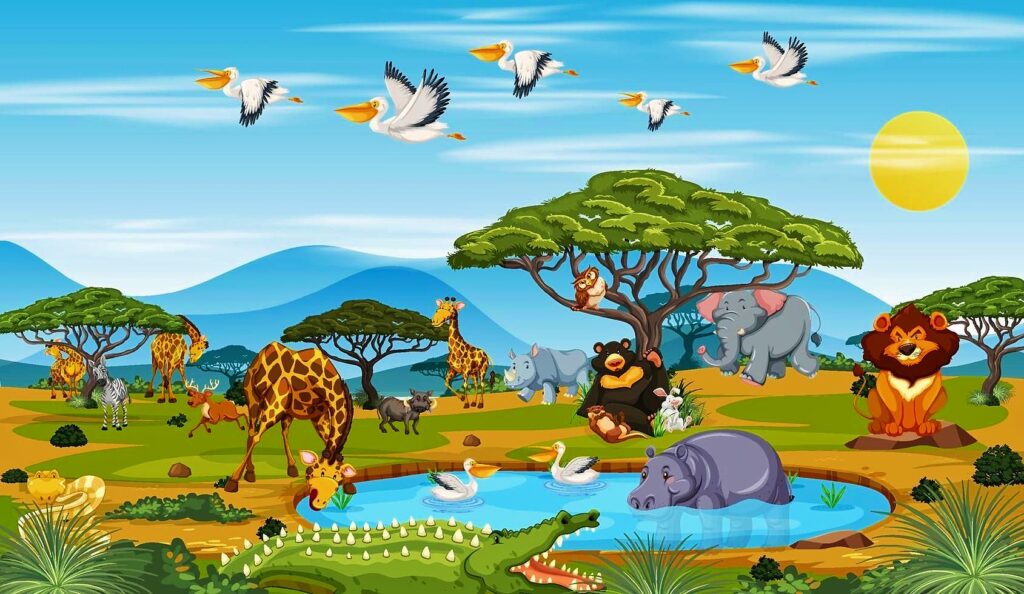As we continue to face the devastating effects of climate change, it’s becoming increasingly clear that our planet needs our help. Luckily, businesses around the world are stepping up and providing ecosystem services to restore and protect our environment. From reforestation efforts to sustainable agriculture practices, these companies are making a difference in their communities and beyond. In this blog post, we’ll explore how businesses are providing them and what you can do to support them in their mission for a healthier planet.
What Are Ecosystem Services?

Source: youtube.com
It refer to the benefits that humans receive from nature. These include things like clean air and water, fertile soil for agriculture, regulation of climate patterns, and biodiversity conservation. They are essential for human well-being and economic growth.
There are four main types of ecosystem services: provisioning, regulating, cultural, and supporting. Provisioning services involve the production of goods such as food, timber, and medicinal plants. Regulating services include things like carbon sequestration (the process by which carbon dioxide is removed from the atmosphere) and water purification.
Cultural services cover non-material benefits such as spiritual or recreational experiences derived from nature. Supporting services include nutrient cycling (which helps provide fertile soil), pollination (essential for crop production), and habitat creation for biodiversity conservation.
Ecosystems have a complex web of interactions that allow them to function effectively in providing these essential benefits to humans. However, many ecosystems are under threat due to factors such as deforestation or pollution. It’s crucial that we work towards protecting our planet’s ecosystems so they can continue providing vital ecosystem services into the future!
How Businesses Are Providing Ecosystem Services
Businesses are beginning to recognize the importance of providing themin order to restore our planet. One way they are doing this is through sustainable practices such as using renewable energy and reducing waste.
Many companies also participate in reforestation efforts by planting trees or supporting organizations that do so. This helps to combat deforestation, which is a major contributor to climate change and loss of biodiversity.
In addition, some businesses are working on restoring damaged ecosystems such as wetlands or coral reefs. These areas provide important habitat for wildlife and help to filter water and reduce erosion.
Furthermore, businesses can support local communities by promoting sustainable agriculture practices that protect soil health and promote biodiversity. By working with farmers and other producers, they can encourage environmentally-friendly methods while still meeting consumer demand for products.
There are many ways that businesses can provide it to help restore our planet. Through these efforts, we can create a more sustainable future for ourselves and the generations that follow us.
The Benefits of Ecosystem Services

Source: en.wikipedia.org
They are essential for the well-being of our planet and all its inhabitants. They provide a wide range of benefits, from clean air to fresh water, pollination to soil fertility. Here are some of the key benefits that ecosystem services offer:
Firstly, it play a vital role in regulating natural processes such as climate regulation and nutrient cycling. This helps keep our ecosystems healthy and functioning efficiently.
Secondly, ecosystems also provide us with cultural benefits such as recreational activities like hiking or bird watching. These experiences help us connect with nature and can have positive effects on mental health.
Thirdly, It contributes significantly towards economic development by providing resources such as timber and food. They also support industries like fishing that rely heavily on clean water systems.
Moreover, they offer significant biodiversity conservation benefits by preserving habitats for various flora and fauna species to thrive in their natural environments.
Ecosystems also act as buffers against natural disasters like floods & droughts which protect communities living near them from environmental hazards.
In summary; it contribute both economically & socially toward human development while protecting natural resources needed for continued prosperity.
The Challenges of Providing Ecosystem Services
Providing ecosystem services is not without its challenges. One major challenge is the lack of financial incentives for businesses to invest in these services. Many companies prioritize profits over environmental sustainability, and it can be difficult to convince them otherwise.
Another challenge is the complexity of ecosystems themselves. It can be difficult to predict how changes made by humans will affect the delicate balance of an ecosystem, which makes it challenging to provide effective ecosystem services.
Additionally, there may be conflicts between different stakeholders who have competing interests in a particular ecosystem. For example, conservationists may want to preserve a forest while loggers are interested in harvesting timber from that same area.
Implementing ecosystem services on a large scale requires cooperation and coordination among multiple actors such as governments, local communities and businesses. This level of collaboration can be difficult to achieve but is necessary for successful restoration efforts.
Despite these challenges, many businesses are still committed to providing vital services in order to restore our planet’s health and protect biodiversity for future generations.
How You Can Help Support Businesses That Provide Ecosystem Services

Source: sciencevision.in
Supporting businesses that provide ecosystem services is crucial for the restoration and preservation of our planet. Here are some ways you can help support these businesses:
Firstly, make a conscious effort to choose products and services from companies that prioritize sustainability and environmental conservation. By doing so, you are directly supporting their efforts in providing it.
Secondly, spread awareness about the importance of ecosystem services among your friends, family, and community. This will help create a larger demand for sustainable products and encourage more businesses to adopt environmentally-friendly practices.
Thirdly, volunteer with organizations that work towards restoring ecosystems such as planting trees or cleaning up beaches. Many of these organizations partner with businesses that provide ecosystem services, so volunteering can also indirectly support those businesses.
Consider investing in eco-friendly funds or companies focused on environmental conservation. Your investment can help support these companies financially as they continue to provide valuable ecosystem services.
We all have a role to play in supporting businesses that provide ecosystem services. By making conscious choices about what we consume and how we invest our resources, we can collectively contribute towards protecting our planet’s ecosystems for future generations.
Conclusion
Businesses are playing a crucial role in providing ecosystem services to restore our planet. By implementing sustainable practices and investing in environmentally friendly technologies, they are helping to reduce the negative impact of human activities on our ecosystems.
Through their efforts, businesses can help mitigate climate change and preserve natural resources while also creating economic value. However, there are still challenges to overcome such as lack of funding and regulatory frameworks that hinder the full potential of these initiatives.
By supporting businesses that prioritize sustainability and environmental stewardship, we can all contribute to restoring our planet’s health. As individuals and consumers, we have the power to demand more responsible practices from companies we support.
We must also hold governments accountable for enacting policies that incentivize businesses to prioritize sustainability over profit margins. Together, through collective action and collaboration between stakeholders at all levels of society, we can create a more resilient future for ourselves and generations to come.

















